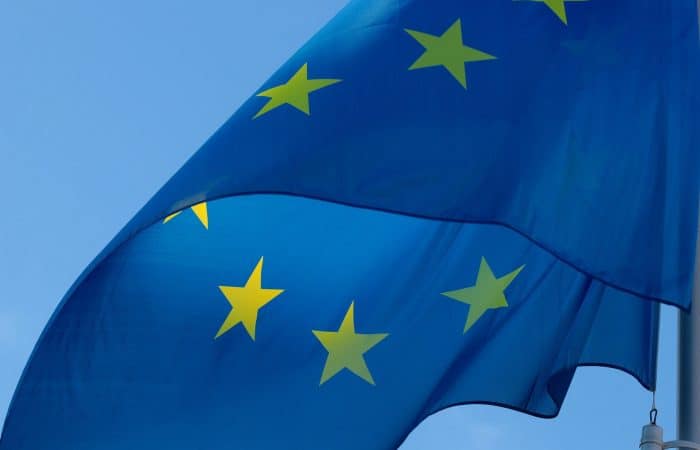Further to our previously published article, we hereby inform you as follows. Canada seems to be re-evaluating their trade strategy due to the trade war with the United States. The tensions between these two major economic powers do not only affect global markets, but also the way the countries shape their trade relations. Canada is focusing more on finding new (reliable) trading partners and the Netherlands is playing an important role in this shift.
Introduction
The Comprehensive Economic and Trade Agreement (“CETA”) has been in force between the EU and Canada since 2017. This trade agreement provides for the elimination or reduction of import tariffs, equal opportunities for companies on both sides, simplified customs procedures, and better market access for service providers and investors. By the end of 2024, Canada was already one of the Netherlands’ 30 most important export markets.
US Tariffs
Based on the numbers from the Netherlands Bureau for Economic Policy Analysis (CPB), the Dutch GDP is expected to drop one percent at the end of 2026 as a result of import tariffs imposed by the United States (US). For more information, please refer to our previous article. The imposition of tariffs increases trade costs and therefore contributes to economic instability. As a result, investments and exports to the US are declining, which is affecting the Dutch GDP.
In addition to responding to the trade war with the US, the Netherlands is actively exploring alternative trade opportunities, including strengthening relations with other ‘reliable’ partners. In this context, it is noticeable that Canada also feels compelled to further expand its economic ties outside the US as a result of the trade war, and it appears to be focusing strongly on Europe.
Shift in Canadian trade partners
The Netherlands does not only offer Canada a stable economy and an open trading culture, it also offers a logistics hub for the rest of Europe. Canadian companies in sectors such as fishing, industry, energy, and technological innovation are showing increasing interest in doing business with Dutch partners. The energy sector in particular offers strategic opportunities. Following the loss of Russian gas supplies, Europe is facing an energy shortage, while Canada has large reserves of oil, gas, and hydropower.
Europe is therefore very interest in Canadian fuels, but direct energy exports to Europe are still limited in terms of logistics. Canada’s existing infrastructure is strongly focused on the US. Canada is, however, considering using its abundant hydropower for hydrogen production, which can easily be shipped to Europe, although this requires substantial investment in infrastructure.
Until then, Canada is actively looking at sectors in which new trade flows can be realized in the shorter term. These include agricultural technology, fish products, and industrial goods. Dutch companies operating in these sectors are already witnessing a growing interest from Canadian counterparts in collaboration, investment, and innovation. Canada is consciously looking for partners that are both economically and politically reliable, and in that respect, the Netherlands is often seen as an obvious match within Europe.
More information
Kneppelhout Law Firm has in depth experience dealing with CETA and its practicalities, and our corporate lawyers can assist in advising on and setting up the right legal structure.




